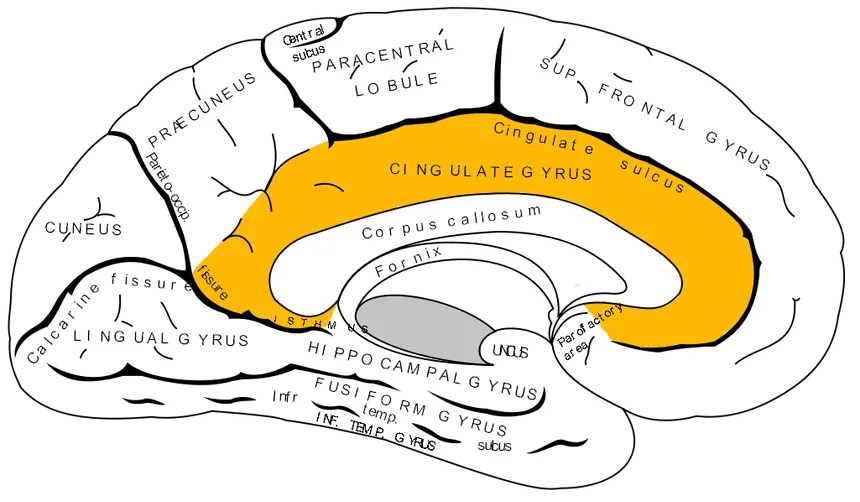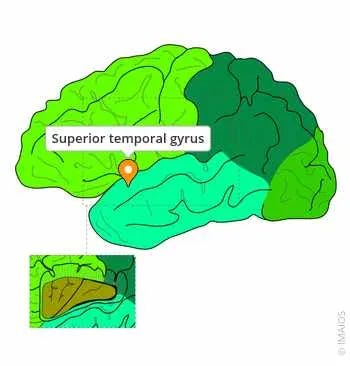Why Beliefs Are Not Truths & What Is Truth
NOTE: As this is evergreen content, this is available to our comped and paid subscribers only.
According to Science
Scientifically, beliefs are formed through a combination of neural processes, social influences, and personal experiences.
They are mental representations of how our brains expect things in our environment to behave and how things should be related to each other, serving as templates for efficient learning and often essential for survival.
Neurologically, beliefs are the result of neural processes that involve the perception of external information and its valuation in terms of personal meaning, determining a person's behavioral decisions.
These processes typically evolve in a pre-linguistic fashion and include memory functions by which beliefs can be stored and recalled.
gMail Subscriber? You will need to click the headlines to view the entire newsletter due to Google’s machine reading limitations
Dorsomedial prefrontal cortex…
Precuneus (in blue)…
Cingulate gyrus…
Superior temporal gyrus (occupies the outer surface of the left and right hemispheres of the brain)…
The dorsomedial prefrontal cortex, the precuneus, and the cingulate gyrus (all pictured above) are activated when individuals are certain about their assessments of testable statements; in contrast, the superior temporal gyrus (pictured above) is activated when they are certain about non-testable statements.
A testable statement can be supported or refuted through empirical testing and experimentation.
A non-testable statement cannot be supported or refuted through empirical testing and experimentation.
Social and cultural factors also play a significant role in belief formation.
Many of our most fundamental beliefs, such as those about religion and politics, are formed before we can question them and are influenced by the prevailing culture.
Beliefs are often aligned with our current worldview, making us more likely to accept them as true and less open to changing our minds.








